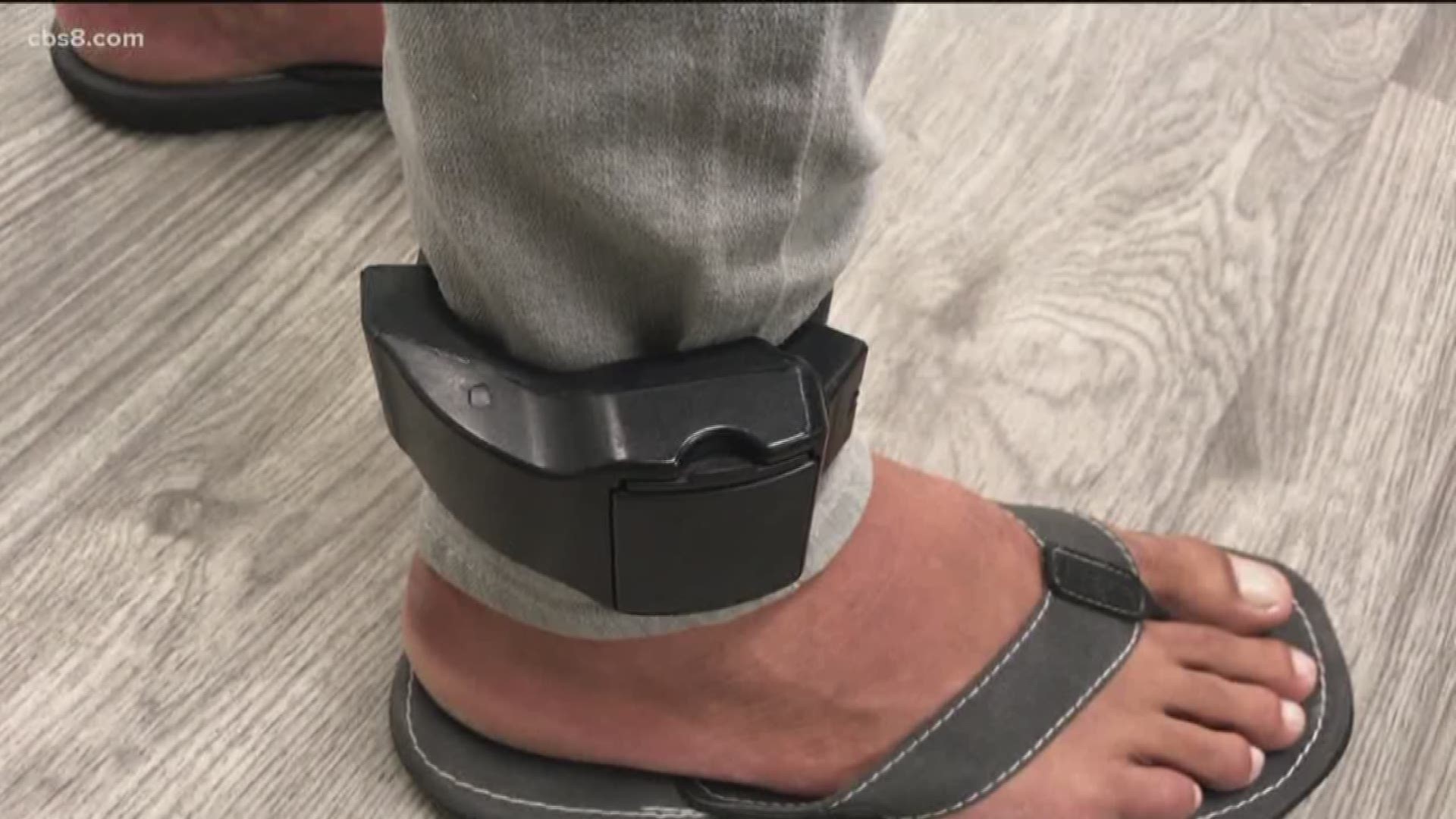SAN DIEGO — In May, the federal government started flying migrants from Texas to San Diego to alleviate the processing facilities in Texas.
One of those facilities is a shelter downtown helping families deemed by the government as asylum-seekers. News 8 got a rare look inside to see how it operates and the services being provided.
There's a play area for kids, fresh meals served three times a day, a warm place to sleep and new clothes and access to doctors. Those are just some of the services offered to the asylum-seekers.
RELATED: San Diego community steps up to help US citizen’s family in Tijuana
Doctor Gina Fleming-Magit with UCSD says she's heard some heartbreaking stories.
"A woman one day, we had checked her in, had several broken fingers. I thought that's unusual. We asked what happened to your hand. She had been in Honduras and was unable to come up with the rent and her landlord had taken a hammer to her hand," said Dr. Fleming-Magit.
The Trump administration has beefed up border security, making it more difficult for asylum-seekers to get into the U.S. and get help while they're in the shelter.
RELATED: Beyond the Border: Americans save money on pet care in Tijuana
That's why Jewish Family Service stepped in along with other non-profits of the San Diego Rapid Response Network, the county and the state. So far they've helped more than 16,000 people, mainly from central America.
News 8 met a 17-year-old from Cuba staying at the shelter, who says she left the country with her parents because their lives were threatened because of their political views.
"Here I feel safe. I feel safe and my family feels safe," Jennifer said.
Michael Hopkins, the CEO of Jewish Family Service says asylum-seekers at the shelter stay anywhere from 24 to 78 hours. A majority are sent to live with family members or sponsors across the U.S.
"Their travel is almost always paid by family members, but sometimes that doesn’t work out," said Hopkins.
That's when JFS covers the cost. The asylum-seekers are tracked. Adults wear GPS ankle bracelets until their cases are resolved, which could take years. And there's no guarantee they'll be granted permission to stay in the U.S.
RELATED: Beyond the Border: News 8 takes ride-along with Tijuana Police
"They've been on a journey for months just to get here and they all have slightly different stories, but the common thread is you wouldn't take your family -- a mom wouldn't take a young child and travel thousands of miles unless things were really bad in their home countries," said Hopkins.
"We went days without showering and days of walking in the heat," Jennifer said.
With just a few bags, Jennifer and her family are headed to live with her aunt in Kentucky. She says the journey to get here was not easy, but one thing is for sure, there's hope.
"My hope is -- there's a lot of freedom here in the United States. We came from a place where there is a lot of oppression. Here in this country you're allowed to elect your president. I think I will be better off here," Jennifer said.
The shelter downtown is set to stay open until the end of this year.
If you would like to help, a GoFundMe page has been set up to assist migrant families in San Diego.

